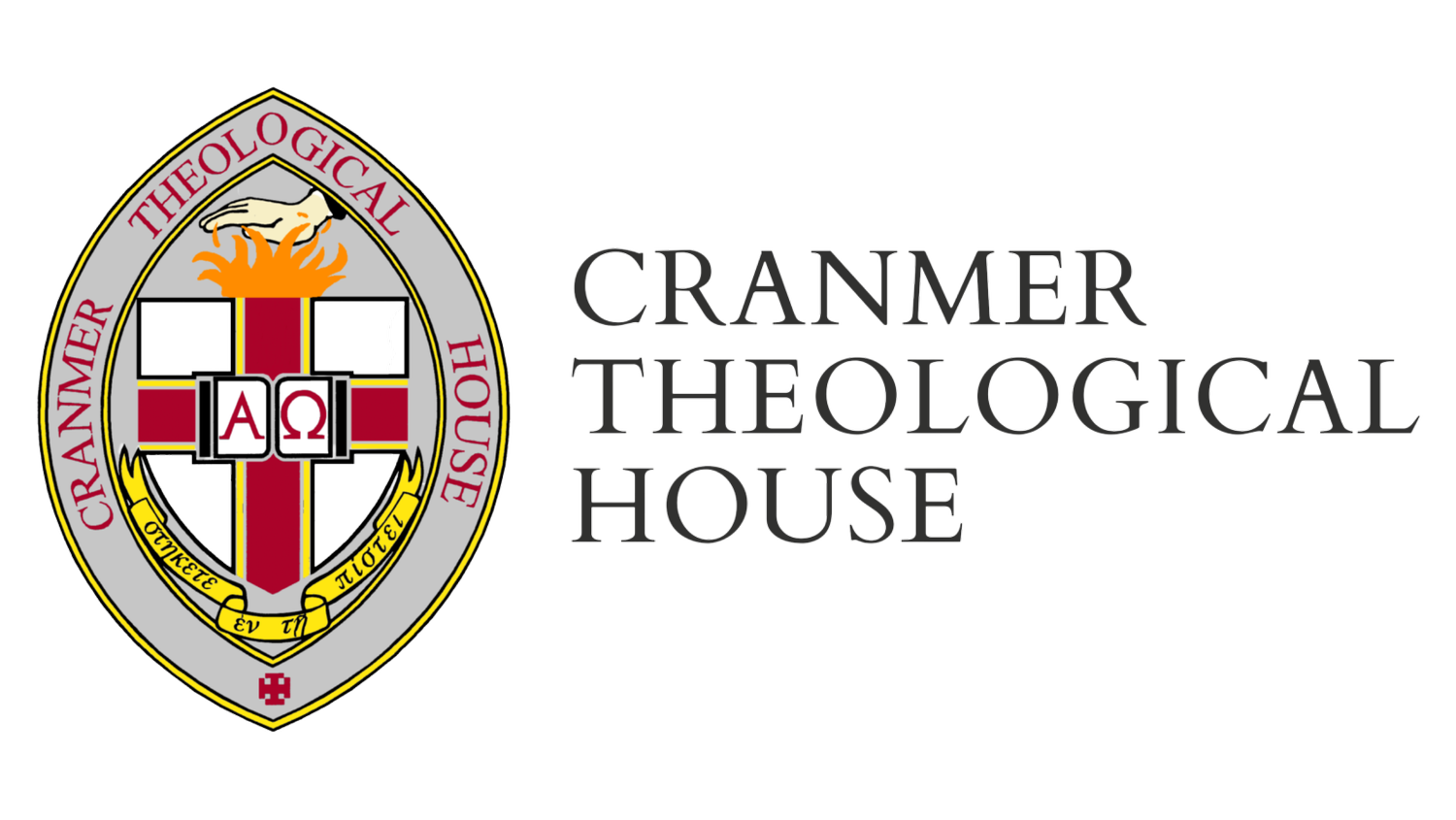Student Policies
Directed Study: Students may from time to time be required to fulfill part of their normal course requirements by means of directed study, especially in the case of scheduling difficulties. In such instances, a request is made to the appropriate instructor and approved by the Seminary Dean. No directed study may commence prior to such approval. Directed study elective credits are also available to students who wish to pursue in-depth studies of certain topics, but these must first be approved by the Seminary Dean
Leave of Absence and Re-Admittance: A student who takes a leave of absence may resume studies without reapplying, provided the leave is no longer than three years. After three years, a student must reapply. Any coursework successfully completed prior to such leave of absence shall be retained.
Length of Study: The length of study for any of the degree candidacies is ordinarily not to exceed seven years without special permission from the Seminary Dean.
Minimum Residency Requirement: The minimum residency requirement for a successful completion of the M.Div. program is two years. The maximum amount of credit that may be obtained via directed or external study may not exceed one-third (1/3) of the total number of credits needed to graduate.
Deportment and Dress Code: Students and faculty are expected to conduct themselves in a responsible manner. While there is no set attire, students are expected to dress neatly when on campus. Students serving in chapel are expected to wear the appropriate attire as determined by the officiating minister. As a general rule, only clergy (deacons, priests, and bishops) are permitted to wear full clerical attire, including clerical collar and pectoral cross. However, postulants for Holy Orders who provide clear evidence of permission from their respective ecclesiastical jurisdictions are encouraged to wear a “seminarian’s collar,” i.e., a regular clerical shirt or rabat along with a standard white collar that has been clearly marked with a thin vertical black line beneath the larynx. Evidence of such permission should be given to the Seminary Dean prior to wearing the attire.
Statement on Accreditation
CTH is not accredited by any secular accrediting organization, governmental agencies, or theological accrediting associations. CTH is licensed by the REC Theological Commission, relying on the integrity of the REC and her origination in 1873 for legitimacy.
CTH does not directly offer or confer civil academic degrees on the authority of the State of Texas. Successful CTH graduates are awarded the appropriate titles and degrees of their qualifications directly by the Diocese of Mid-America (REC) under the direction of the REC Theological Commission. CTH’s credits are widely accepted by many institutions and denominations for ordination purposes, but there is no guarantee of such.
Awards and Graduation
Graduation exercises are normally held during the diocese’s annual Synod but may be held at different times during the year at the discretion of the Chancellor and President.
